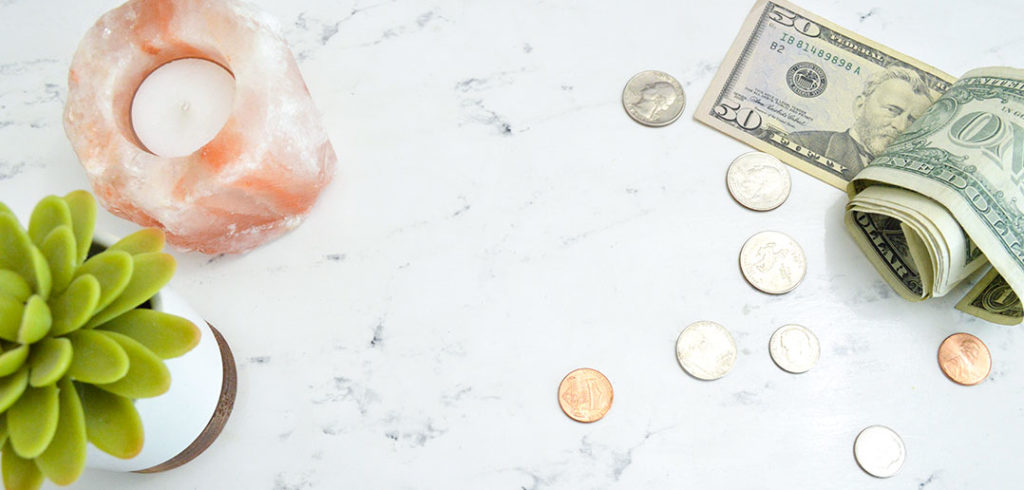Utilize these tips to survive times of uncertainty.
by Jenny Hoff, Photo by Katie Harp

If there is one ability that is worth building in 2020, it may well be resilience. A global pandemic that led to an economic shutdown, millions of lost jobs and a very divisive upcoming election has induced financial, physical or emotional stress in many people. While there is no magic formula to find a stable, high-paying job in this climate or an assurance that the economy will become robust again anytime soon, there are steps you can take to make sure you can withstand what may come next.
Building financial resilience is more than just putting away money for retirement—it’s about clearing your mind and building a strong plan to get you through any eventuality.
“Get to the point where you don’t check out,” says Whitney Morrison, certified financial planner and founder of Holistic Money. “Don’t freak out about what’s going on, but become aware of what you have financially and start building your backup plan. That alone will help you reduce stress—focusing on what you can control when there are a lot of things out of control.”
Shed unnecessary expenses.
The more you can reduce your dependency on your current form of income, whether it’s a paycheck or unemployment check, the more powerful you’ll feel in controlling your financial fate. Subscriptions, gym memberships, lawn and/or house cleaning services, expensive car payments and eating out are some of the areas you can look at reducing or eliminating to increase your reserves. “Try to get your life as financially efficient as possible,” says Morrison.
Sell what you don’t need.
In today’s marketplace you don’t need to have a garage sale, or even meet people face-to-face, to make a deal. Using resources like Facebook Marketplace and Venmo, you can safely sell items sitting in storage or in your garage for more money than you think. Not only will you build up some money for reserves, but it will also free your space of clutter.
Build a new income stream.
Starting your own side business, whether currently employed or not, isn’t just a great way to save extra money, but also a way to plan for the future. If you think strategically about what you’re good at and how you can apply that online, you’ll be setting yourself up to survive other upsets in the economy. You can set up a profile with Upwork or take on some extra hours as a virtual assistant. Whatever you do doesn’t have to be huge at first; it’s just paving the way for an additional source of income that could also allow you to pivot your career in the future. “Just like you diversify your portfolio, you also need to diversify your income stream,” Morrison suggests.
Change your mindset around retirement.
“Many people think of their careers as a linear path toward retirement, but in today’s world it’s more of a jagged line,” Morrison points out. You may not work your whole life and retire at 65 years old, but rather go through spurts of work and non-work until you are much older. If you build financial resilience, the periods of non-work can be an opportunity to build new skills, try out a new hobby and spend more time with your family instead of coping with financial anxiety.
There isn’t much you can control in the world, but you can control how you respond to events. Staying home doesn’t mean sitting still. By taking action now you can build the kind of financial resilience you need to weather any economic storm.

